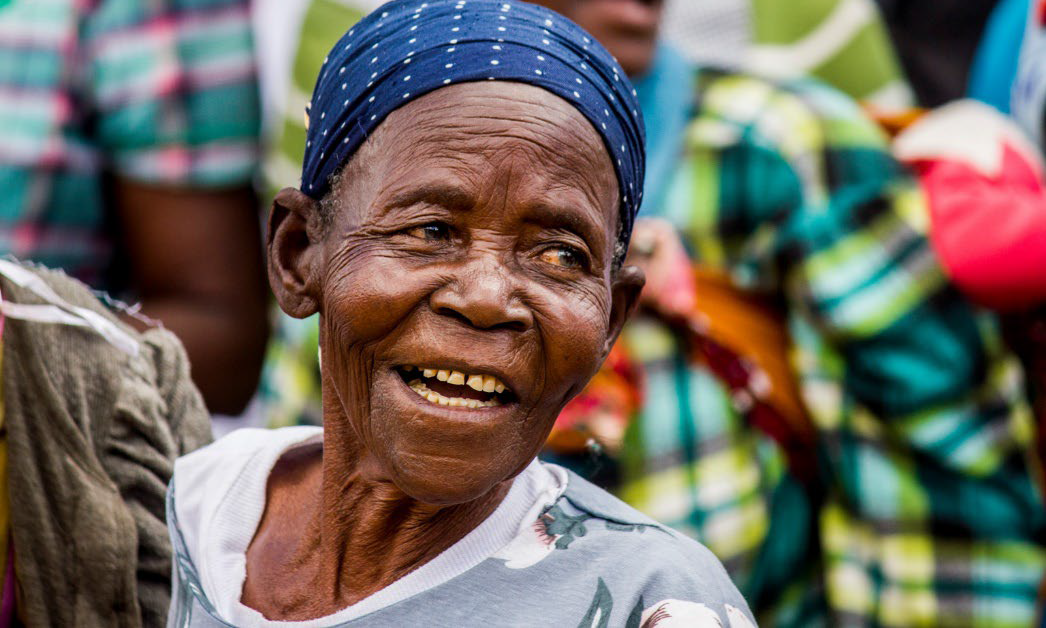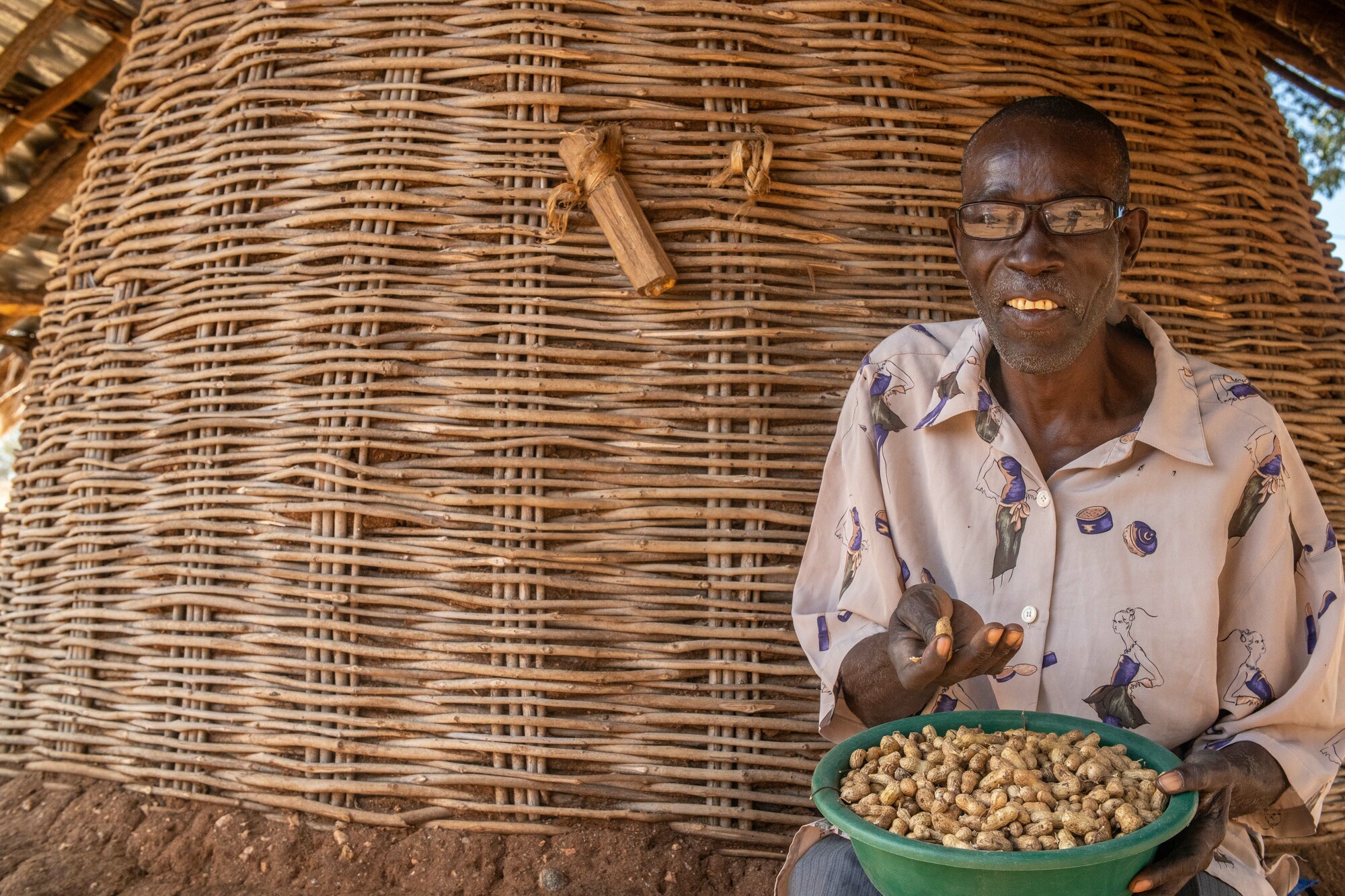This project looks at the impact of the global food, fuel and finance crisis in 10 different countries, and what this means for older people who are often overlooked, despite their very specific needs.
After Sri Lanka and Tanzania, we turn the spotlight on the situation of older people in Mozambique, the third country in this series.
Mozambique’s economy stunned by triple misfortunes
Mozambique’s economy has been stagnating for the past five years, exacerbated by extreme weather patterns, the COVID-19 pandemic and the global knock-on effects of the war in Ukraine.

© Ivan Bruno de M/Shutterstock
The country has experienced extreme climate conditions, from drought to tropical cyclones and widespread flooding, which are expected to persist in the future. In the conflict affected areas of Cabo Delgado, the decline in agricultural output and food crisis has persisted for the last few years, and the population in this area still heavily relies on humanitarian assistance.
Forty-six per cent of Mozambicans live below the poverty line and COVID-19 restrictions forced many businesses to shut down, resulting in further widespread unemployment.
Older people are carrying the burden of these multiple crises
The implications of the food, fuel and finance crisis on older people in Mozambique are manifold.
Worsening food insecurity
Many parts of Mozambique depend heavily on humanitarian assistance. Agricultural harvest has been affected by drought, tropical cyclones and flooding – as well as the armed conflict in the north of the country. This has led to a reduced quantity of food staples, a rise in demand and hence prices. Going into 2023, the price of wheat, edible oil and maize is expected to remain disproportionately high and volatile, subject to further price rises.
Inability to afford basic food necessities and essential services
Essentials such as food, medicine and hygiene items are becoming unaffordable for older people.
A participant in a focus group discussion led by HelpAge explained:
“Older people are spending their days without food items. In extreme situations, they go to bed without eating, unless they receive some support from a neighbour”.
Additionally, a surge in fuel costs is hindering access to basic services such as healthcare. Many participants believe that their health condition may eventually become chronic, as they are unable to afford healthcare costs.
“The increase of fuel prices has led to increased cost of transport. The increased cost of transportation is passed to the people through high cost of medicine. Arising from this, older people take a long time to seek treatment and cannot purchase their drugs due to the higher prices”
Interview participant.
Lower income
The main source of income for many older Mozambicans is their livestock and agricultural production. Both have become unreliable sources, as their customers have less money to spend.
Difficulties accessing credit
It is getting more costly to access credit, and many older people are giving away existing assets to pay their debts.
“There is no possibility of debts unless given by an acquaintance. Getting loans became very complicated because even the people who gave us money became financially troubled”
Interview participant.
Shortage of medicines
The breakdown of the global medicine supply chain during the COVID-19 pandemic reduced the availability of medicines in Mozambique. The steep cost of healthcare deters some older people from seeking treatment, and they are instead relying on traditional medicines.

© Mauro Vombe/Fairpicture/HelpAge International
Responding to the trials faced by older people in Mozambique
We urge the government of Mozambique to act immediately and ensure access to necessities, as well as healthcare. This includes:
- Expand the emergency humanitarian assistance provided by the government to include responding to economic shocks such as the food, fuel and finance crisis.
- Assure a robust social protection system for older people, which includes protection against economic crises.
- Develop programmes that would strengthen the ability of older people to sustain their livelihoods in the aftermath of a natural disaster.
- Support alternative income-generation activities and make credit readily available to help those working in the agricultural sector.
- Collect and break down data according to age and gender, to better inform policymaking.
Read HelpAge International’s policy brief: ‘Older people’s lives at risk: Addressing the crisis in Mozambique’.
